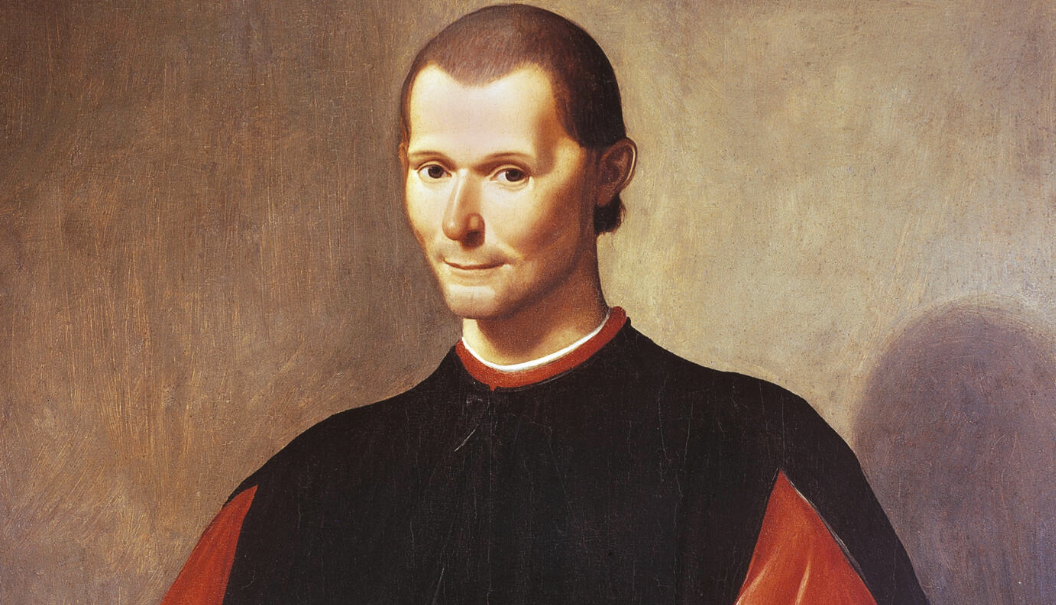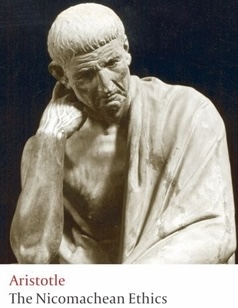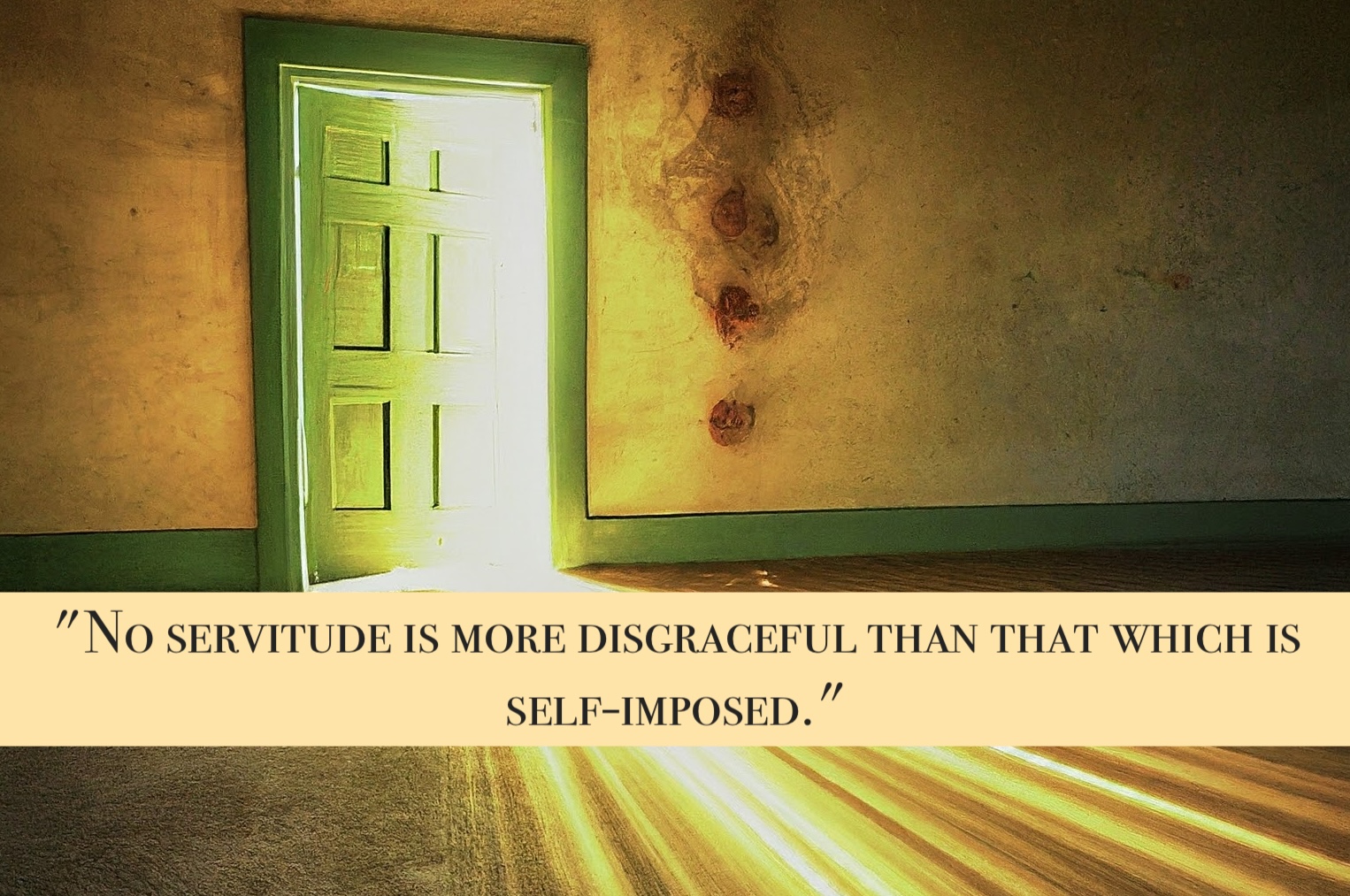Machiavelli and The Prince

Machiavelli
Niccolò Machiavelli, born in 1469 was a political diplomat to the Italian government and when Medici regime took over in Florence, he was sent into prison. He wrote, “The Prince” to dedicate to the Lorenzo Di Medici where he presents his political experience as a philosophy for a new ruler on how to gain and hold power in new territory. Living in the time of great instability and division, he teaches new prince and the ruler on how to unite and liberate Italy. Machiavelli's The Prince is a book that teaches how to be an effective ruler.
15th century Italy and the entire Europe was living with the Roman virtue. “Prince should be honest, at all times with all people.” Cicero wrote. Machiavelli on the other hand challenged this idea; rejected the philosophy of four cardinal Roman Virtue of Wisdom, Courage, Temperance, and Justice. He introduced his own vertu, which is not the Roman and the Platonic virtue but exactly the opposite. He advices to re-evaluate all our values and suggest the end justifies the means – also contradicting the Kant’s moral philosophy.
Read more: Is Machiavelli Good or bad?
The Prince
Machiavelli’s The Prince is a book on power, politics, and how to gain and hold power as a ruler. The entire book teaches the art of manipulation, deception and is also a self-help book for rulers on how to govern. He advices the new rulers to live in a constant flux as the world is a dynamic and so the ruler must be ready to adapt and transform themselves to suit the situation. He suggests the ruler should be bold, should cease opportunity, deceive, and act ruthlessly, if necessary, use violence judiciously and control how they appear in public.
Machiavelli's The Prince: Chapter I to Chapter III
Machiavelli's The Prince’s Chapter I through Chapter III discusses the different types of principalities or states. Here he presents four different types of principalities:
- Hereditary, which are inherited by the ruler.
- Mixed principalities that are annexed to the ruler’s existing territory.
- New principalities, which may be acquired by one’s own power, by the power of others, by criminal act or by the civils’ will.
- Ecclesiastical principalities belonging to the Catholic church.
Machiavelli's The Prince: Chapter IV to Chapter XIV
Machiavelli through chapters IV to XIV offers practical advice on variety of affairs, including the pros and cons that attends various routes to power, how to acquire and hold the new states, how to deal with the internal insurrection, how to maintain strong military and how to make alliances. Here he advises that the prince must always pay close attention to the military affairs if he wants to remain in power and presents four different types of armies:
- Mercenaries, who are dangerous and unreliable.
- Auxiliaries, who are loaned from other rulers and are still dangerous and unreliable.
- Native troops, which is composed of one’s own citizen and are more reliable.
- Mixed troops, which is the combination of above three.
In Chapter IX, Machiavelli suggests prince should base their power on the lower classes rather than on the aristocracy. He believes that lower classes are more loyal, easily satisfiable and are more forgiving, while the aristocrats are insatiable to desire to dominate others and are hard to trust.
Machiavelli's The Prince: Chapter XV to Chapter XXIII
From Chapter XV to XXIII, he focuses on the qualities of prince himself. Here, he presents the appearance of virtue is more important that the true virtue itself. Through these, Machiavelli recommends the following characters for the princes:
- Better to be feared than loved.
- Better to be cruel than merciful.
- Have the character of both lion and fox.
- Wiser to have the reputation for meanness than to be compelled for seeking reputation which begets hatred.
- Should choose wise advisors and avoid flatterers.
In chapter XVIII, he writes a there is two ways to stive for master: 1. By the law and 2. By force and it is necessary to have both, and one must use it accordingly. He further suggests prince to have the character of both lion and the fox. He writes:
“The lion cannot defend himself from the traps and the fox cannot frighten the wolves. So, one must be fox to recognize the traps and the lion to terrify the wolves.”
Furthermore, in chapter XVII, he suggests one has to be more feared than loved as fear will make you safe and hold power while love will make you weak and eventually lose power.
Machiavelli's The Prince: Chapter XXIV to Chapter XXVII
The final section, from chapter XXIV to XXVII, the book focuses on the Italy’s disunity and suggestions to unite Italy. Here Machiavelli recommends the following to Italy’s ruler:
- Italian rulers have lost their states by ignoring the principles that Machiavelli enumerates.
- Fortune controls half of the human affairs, but free will controls the rest.
In chapter XXV, Machiavelli writes fortune is changeful and so it is better to be adventurous than cautious.
In chapter XXVII, the final chapter, “An Exhortation to Liberate Italy from Barbarians”, he advises the rulers of Italy to be ready to change to suit the circumstances and those who are unable to transform themselves to the circumstances are bound to be outmaneuvered by their rivals.
Overall, Machiavelli’s Prince suggests being bold, courageous and cunning. He also suggests mastering the art of appearance by providing the historical examples. Machiavelli advises that a prince should wear a mask to deceive, when necessary, completely going against the Roman souls. He writes that the noble Roman emperors, who showed great qualities of soul lost their empire or were killed through conspiracy.




Leave a Reply
You must be logged in to post a comment.